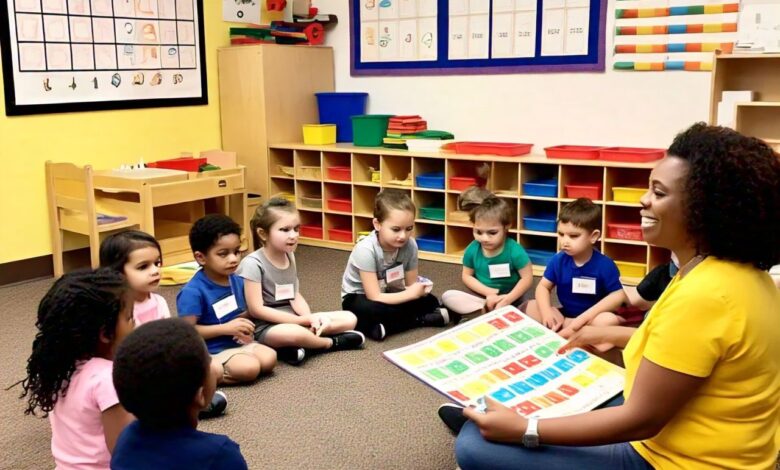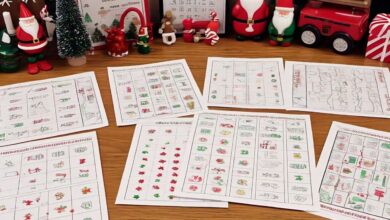Top 6 Math Concepts for Preschoolers


Early childhood is a critical time for developing basic math skills. As preschoolers explore the world around them, introducing key math concepts can set the stage for a lifetime of learning. In this blog, we’ll explore essential math concepts for preschoolers that can help your child develop a strong foundation in mathematics.
1. Counting and Number Recognition
One of the first math concepts preschoolers encounter is counting. By the age of three, many children begin to understand number sequences and can count up to 10 or higher. Start by introducing numbers in everyday situations. For example, count toys, snacks, or steps as you walk together. Use visual aids like number charts and flashcards to help reinforce number recognition.
As your child progresses, introduce more advanced counting, such as counting by twos or fives. This concept builds the groundwork for more complex math skills, like multiplication, as they grow older.
2. Sorting and Classifying
Sorting and classifying objects based on their attributes—such as size, color, shape, or type—are fun and engaging math activities for preschoolers. Sorting helps children understand patterns, which is an important early math concept.
To make it interactive, provide your child with a variety of objects and ask them to sort them in different ways. For example, you could ask your child to sort their toys by color or arrange fruit by size. This helps them develop logical thinking and problem-solving skills, both of which are essential for more advanced math.
3. Shape Recognition
Preschool is the perfect time to introduce children to basic shapes like circles, squares, triangles, and rectangles. Identifying and naming shapes is one of the fundamental math concepts for preschoolers, as it helps them understand spatial relationships and geometric properties.
To make shape learning more enjoyable, incorporate shape-related activities, such as drawing shapes, playing with shape sorters, or finding shapes in everyday objects. The more exposure children get to shapes, the easier it will be for them to later understand more complex geometry concepts.
4. Measurement and Size Comparison
Understanding measurement and how to compare sizes is another key math concept for preschoolers. Begin by introducing terms such as “big” and “small,” “tall” and “short,” and “heavy” and “light.” These simple comparisons help children begin to grasp the idea of size, weight, and volume.
Engage your child in activities like measuring ingredients for a recipe, filling different-sized containers with water, or using a ruler to measure objects around the house. This hands-on approach will teach your child the practical application of measurements, preparing them for more advanced math in later years.
5. Patterns and Sequences
Recognizing and creating patterns is a fun and important math concept that preschoolers can easily grasp. Patterns are everywhere—whether it’s in the rhythm of music, the colors of beads, or the arrangement of objects. Helping your child recognize and predict these patterns fosters an understanding of sequences and order.
You can start by introducing simple color patterns (e.g., red, blue, red, blue) and gradually move on to more complex patterns involving shapes or sizes. You can also create patterns using everyday materials like buttons or blocks. Once your child understands basic patterns, they will be better equipped to understand mathematical sequences in the future.
6. Basic Addition and Subtraction
While complex arithmetic may seem far off, preschoolers can start grasping the basics of addition and subtraction through fun, interactive activities. Use objects like toys, coins, or fruits to demonstrate simple addition and subtraction. For example, if you have three apples and add two more, how many apples do you have in total? This introduces the concept of adding and taking away in a way that is tangible and engaging.
By practicing these basic operations, preschoolers begin to understand the relationship between numbers and develop a solid understanding of basic arithmetic concepts.
Final Thoughts
Introducing math concepts for preschoolers helps lay a solid foundation for their future academic success. Whether it’s counting, sorting, shape recognition, or basic operations, these fundamental concepts foster a love for learning and build the cognitive skills necessary for more advanced mathematics. The key is to keep it fun, engaging, and interactive. Incorporate these math activities into everyday life, and watch your child’s confidence and skills grow!


